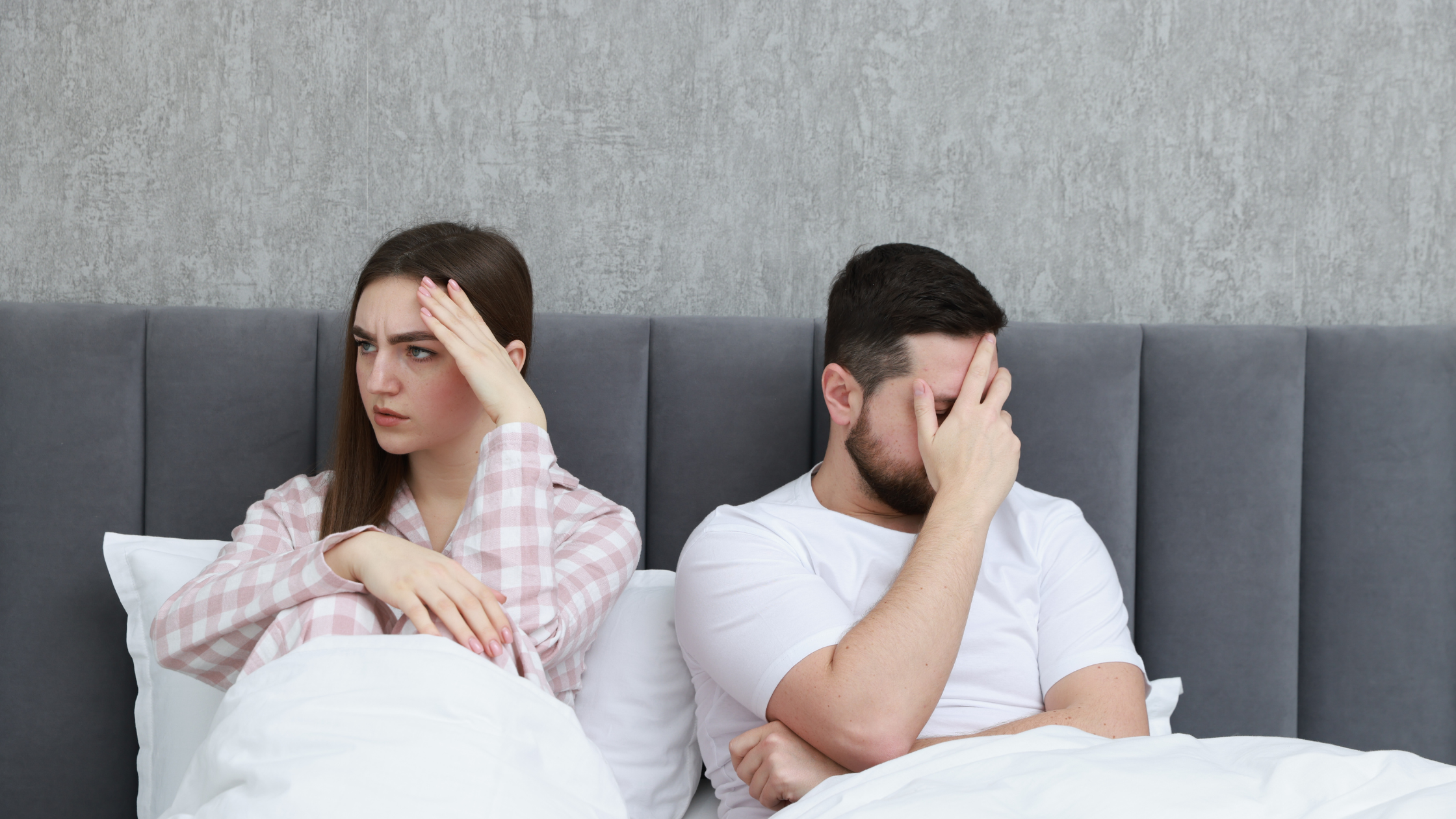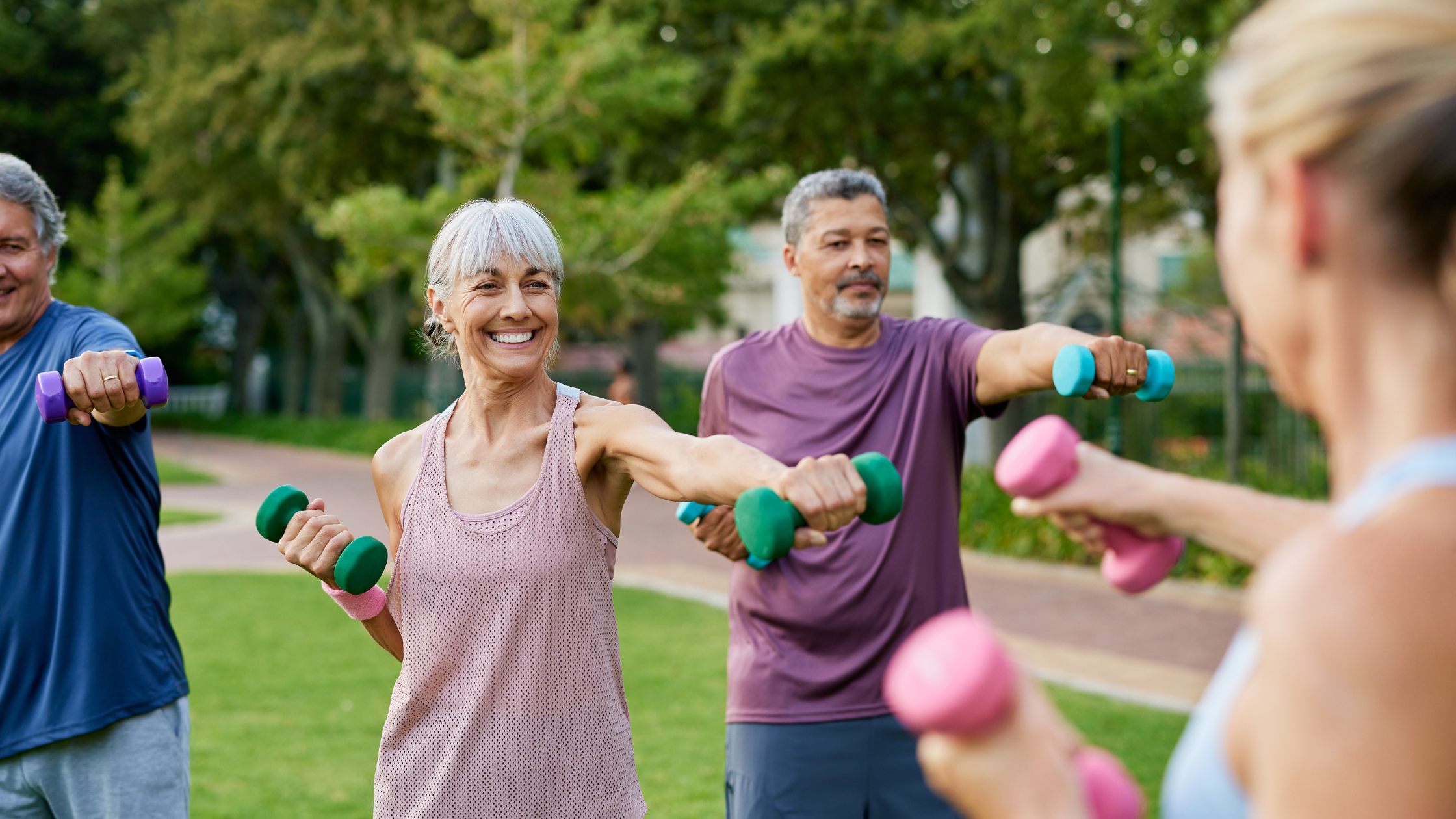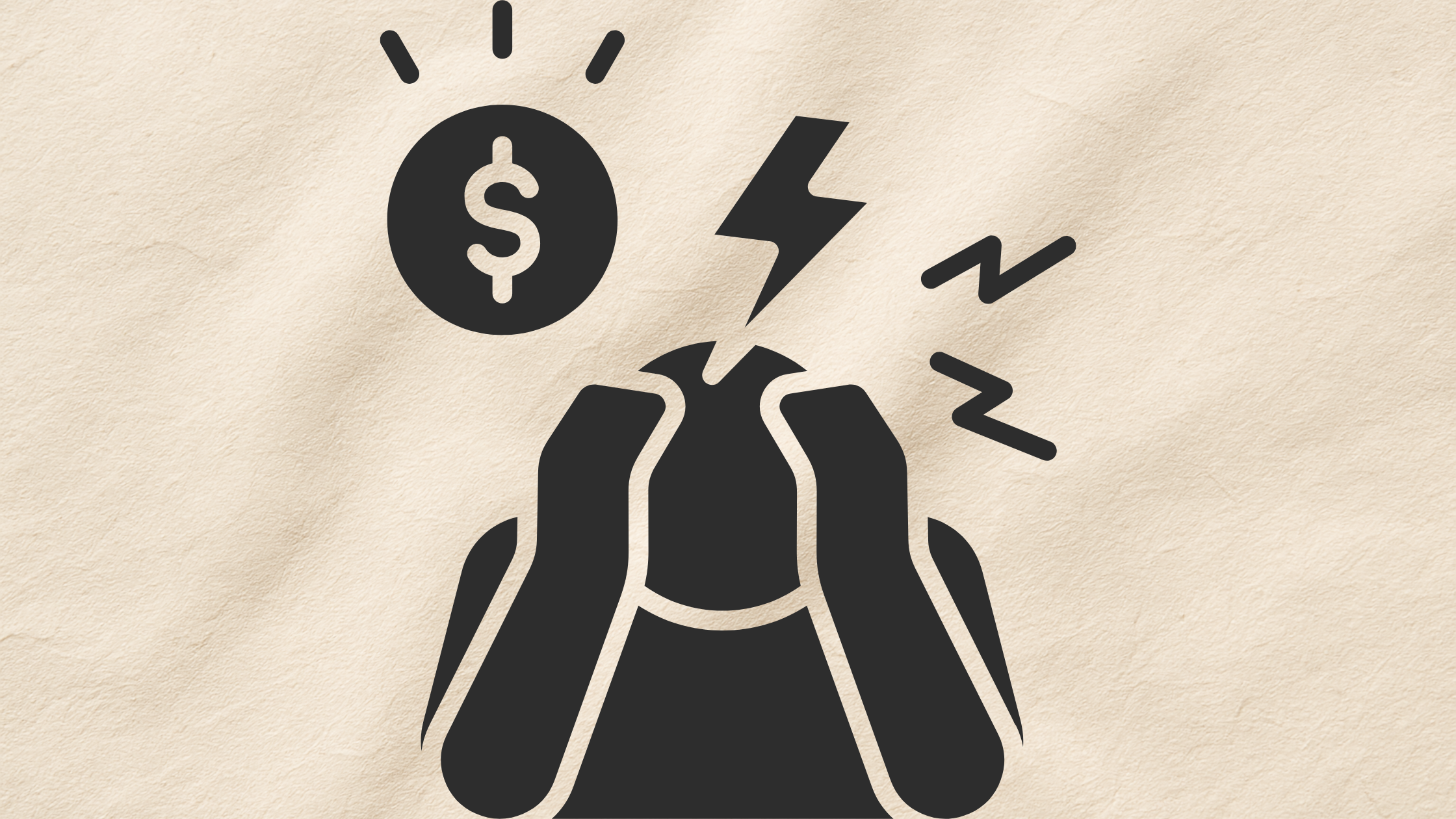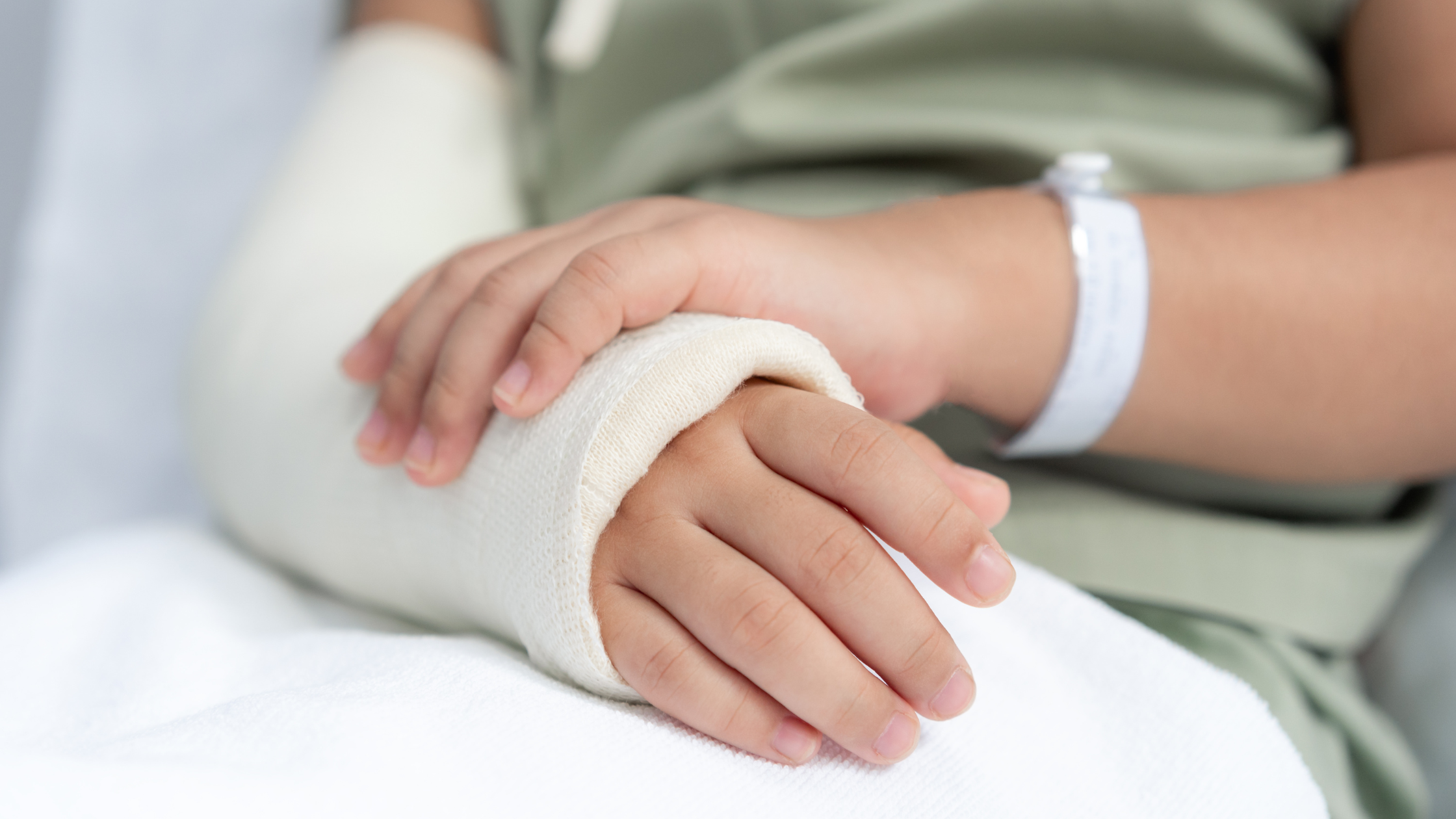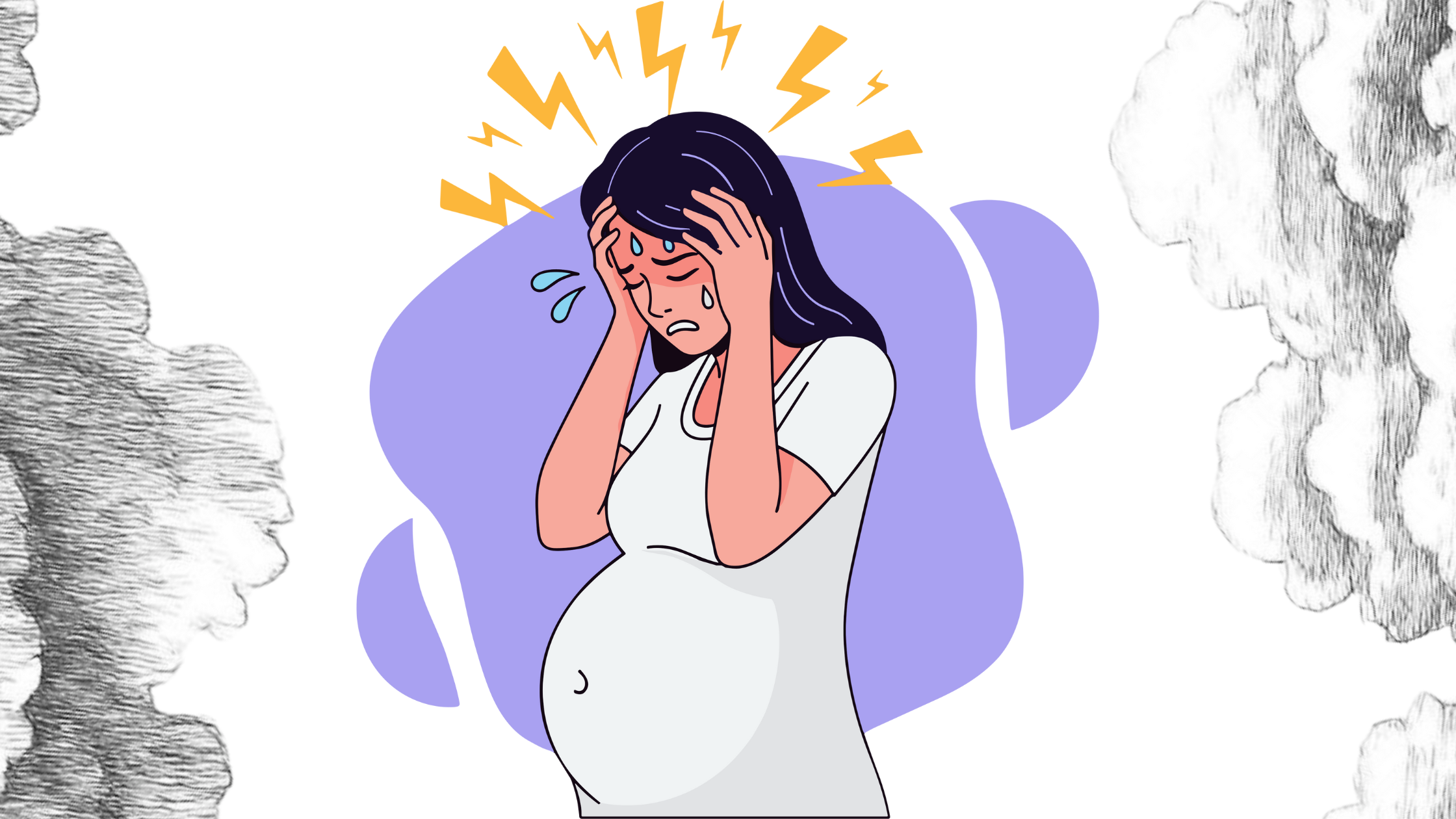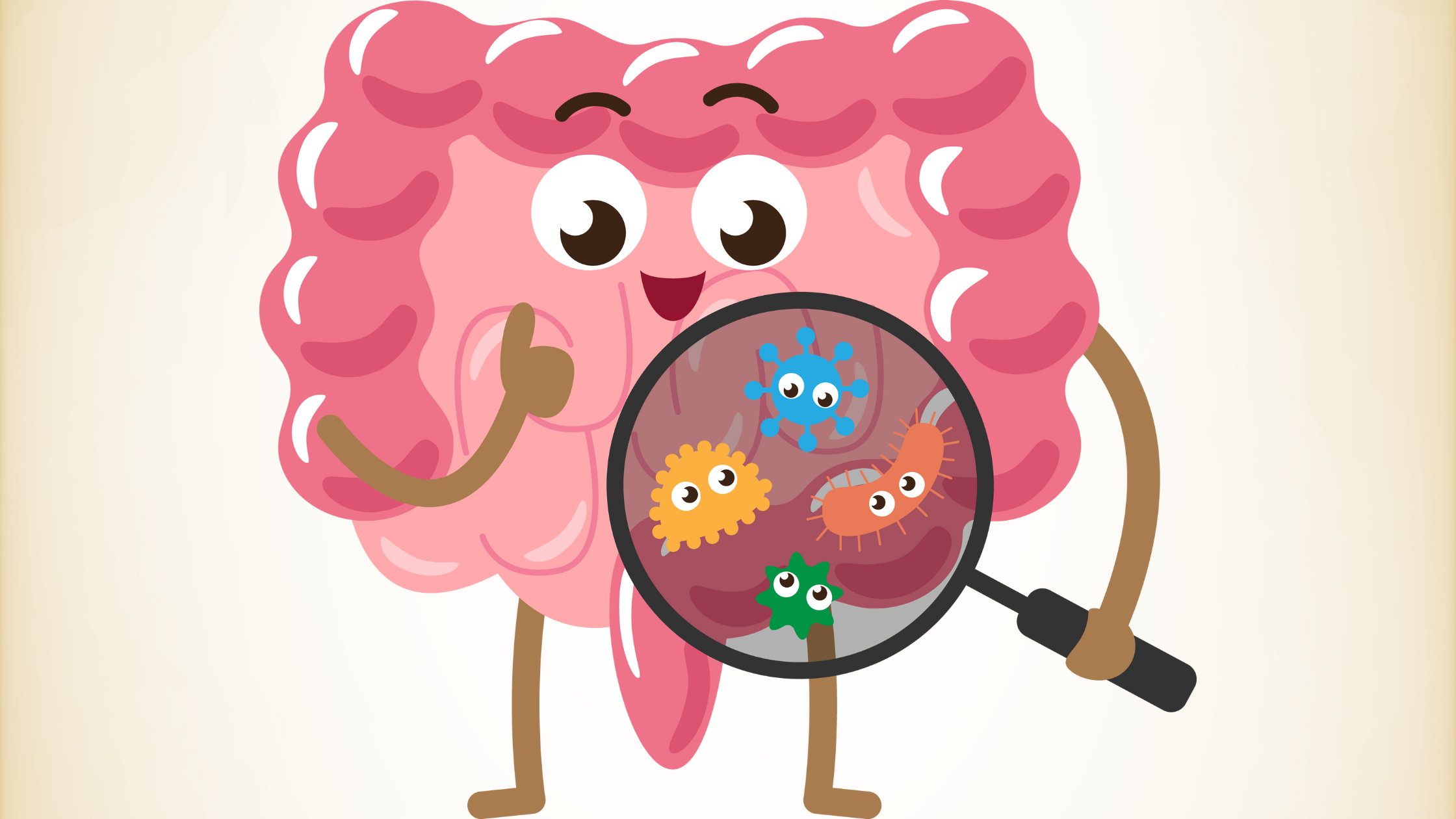Sleep is often thought of as an individual experience, but in reality, it is deeply relational. For many people, the quality of their sleep is closely tied to the health of their relationships—especially intimate partnerships. When relationship stress enters the picture, sleep is often one of the first things to suffer.
Arguments, unresolved tension, emotional distance, or chronic dissatisfaction can quietly hijack the nervous system, making it difficult to fall asleep, stay asleep, or wake feeling rested. Understanding how relationship stress affects sleep is a key step toward protecting both rest and emotional well-being.

